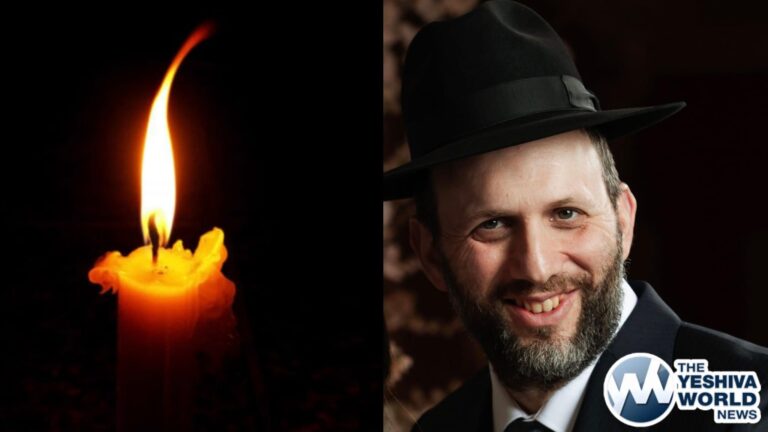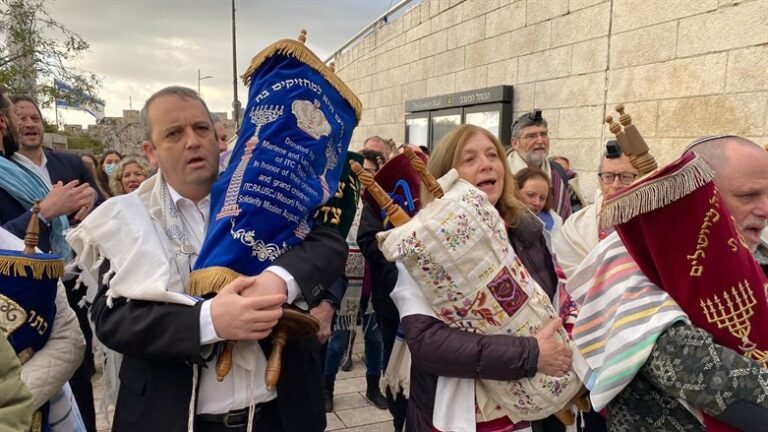 President McKinley’s fundraising and campaigning tactics – such as broadening the Republican base to more robustly include immigrants and working-class voters – go largely forgotten among most citizens today. 145 words, by Lillian Cunningham (Post). One photo and podcast.
President McKinley’s fundraising and campaigning tactics – such as broadening the Republican base to more robustly include immigrants and working-class voters – go largely forgotten among most citizens today. 145 words, by Lillian Cunningham (Post). One photo and podcast.
In the newest episode of the Presidential podcast, Republican political strategist Karl Rove dissects what was so transformative about William McKinley’s 1896 presidential campaign.
“Political scientists have studied it for years as one of the great five realigning elections in America,” Rove says. And yet President McKinley’s record-setting fundraising and keen campaigning tactics – such as broadening the Republican base to more robustly include immigrants and working-class voters – go largely forgotten among most citizens today.
The episode also features Washington Post reporter Carol Leonnig, who won the Pulitzer Prize for her coverage of the Secret Service, discussing how McKinley’s assassination prompted a new strategy for protecting the president.
In previous episodes of the Presidential podcast, we’ve explored topics like Abraham Lincoln’s language and the violent life of Andrew Jackson.
(c) 2016, The Washington Post · Lillian Cunningham











One Response
In 1896 the Republicans had a lock on the Black vote, and was competing strongly for the new immigrants. But in what is a reverse of today, the Democrats split with the establishment conservative Democrats losing control of the party and a radical populist with weird ideas about economics taking over.